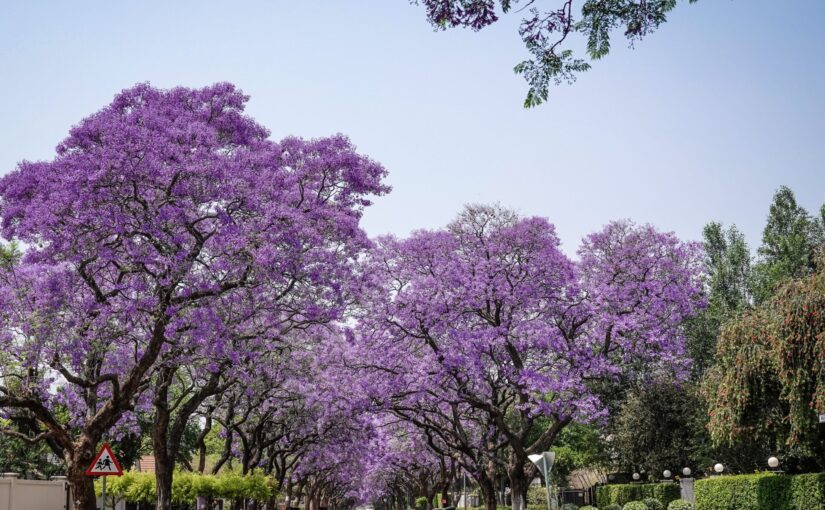Field of study in Wageningen: Nutrition and Health
Study period exchange: 17/07/2023 – 06/12/2023
Country (exchange): South Africa
City (exchange): Pretoria
University (exchange): University of Pretoria
Faculty (exchange): Consumer and food sciences & Agricultural Economics
2. Motivation for exchange
Why did you choose to go on study exchange?
I wanted to experience living in another country and experience the cultural differences and learn from other cultures. Besides that, it’s a good opportunity to meet new people and see the world.
What is the reason you chose for this country/university?
South Africa is a very different country compared to the Netherlands in many ways. This is why I got interested in going to this country and experience how it is to live there. For me, the places for the only other university that was possible in South Africa, Stellenbosch University, were already taken. However, going to Pretoria instead of Stellenbosch made the whole experience more complete as this region is way more different to Europe than Stellenbosch.
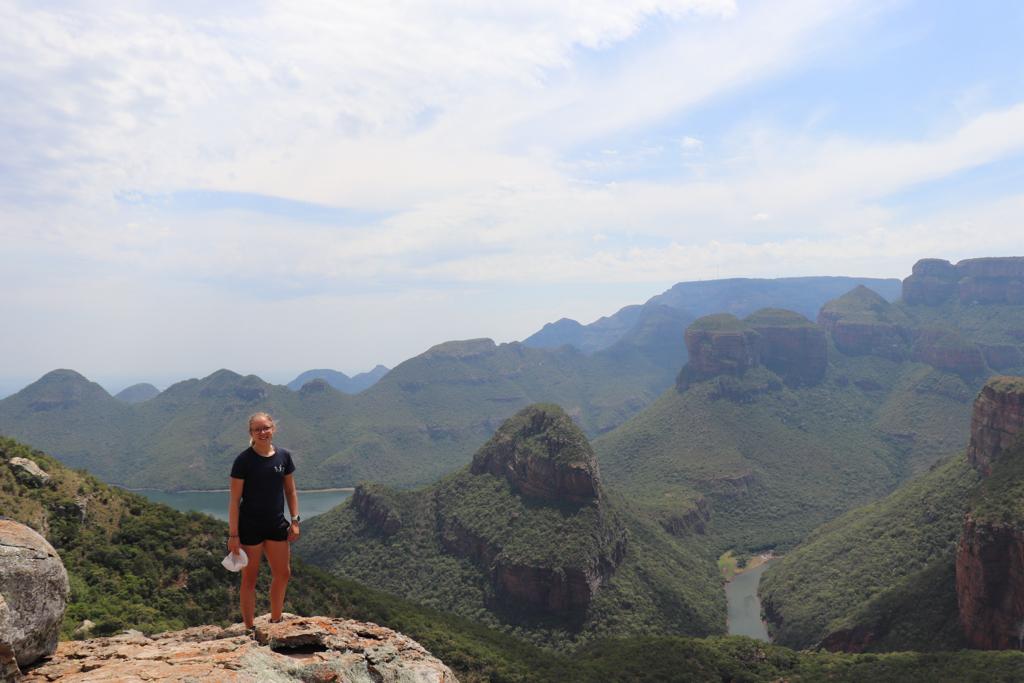
3. Accessibility to reach destination
Do you have any tips to reach your exchange destination?
I flew by plane to Johannesburg. From there you can go by Uber to Pretoria or you can book a shuttle service from the airport. I think it’s both fine but a shuttle service is more convenient to pre-book and that might be pleasant after arriving in a foreign country.
4. University and studying
Could you provide some general information about the followed courses?
I divided the South African credits by 2 to get to the ECTS.

How is the study formalized?
The level of the courses is a bit lower than at the WUR. However, instead of 1 final exam/report at the end of the semester, you get a lot of assignments and tests throughout the semester which all count for a small part for your grade. It’s very different to learn in this way, so that was something I had to get used to. I also didn’t need study books, but I had to read a lot of articles in my own time. From what I experienced is that the way of education, workload and examination differs quite a lot between the courses, so it also depends on the courses you follow.
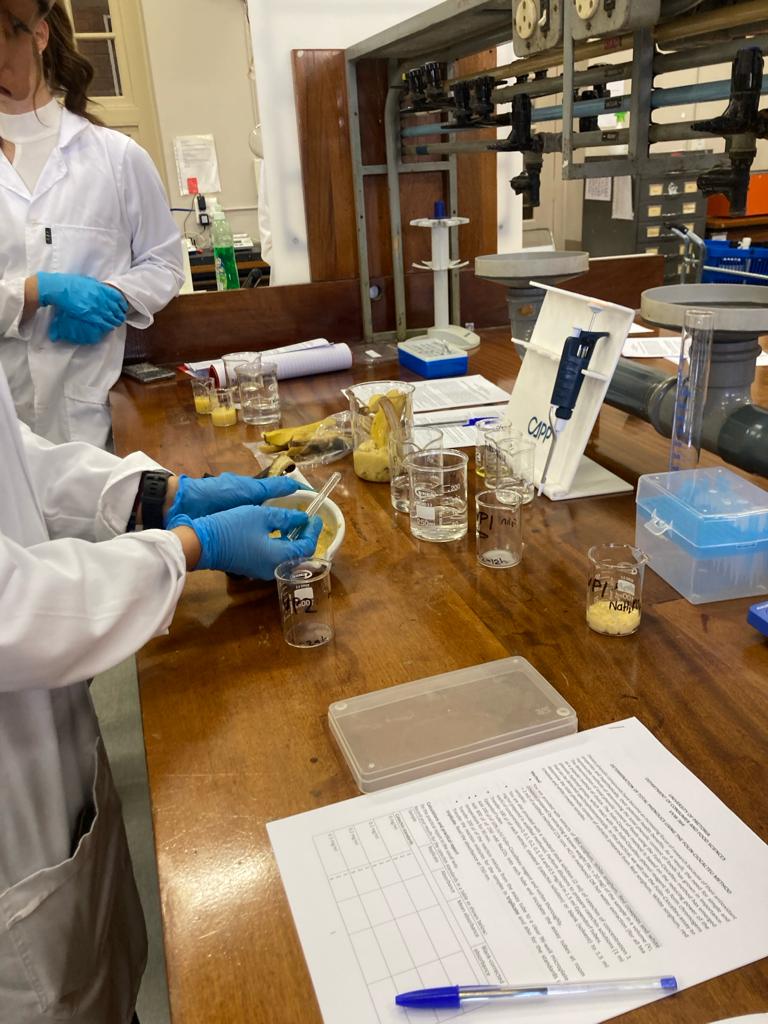
What is the culture of the university?
The atmosphere was nice in the university. The professors were approachable and friendly. Most local students were minding their own business, so sometimes it was hard to interact with them but after some time I got to know some of my fellow students. At the WUR, you have a lot more of contact hours and also it’s not only lectures (also tutorials and practicals). This makes that you see your fellow students more often and gives more opportunities to interact with them.
What does the university offer the student additionally?
It is possible to use the gym on the sports campus. Besides that, it was possible to join student sport associations. However, it was quite hard to find information about the associations and making contact was difficult. Also, it seemed like they only allow students with a high level in their teams. The sport associations were on a lower scale than I’m used to at the WUR. There were also a lot of music performances by students of the UP where you could go for free or a low entrance price. Those were really nice to visit. In South Africa you experience load shedding, periods without energy. The student residence is also affected by load shedding, but it was possible to go to the campus and work there during load shedding.
5. Housing-travelling-living
What are the possibilities for housing?
Before my exchange, I could select an option during my application that I still needed accommodation. Some time before my exchange I received confirmation of accommodation. It was a room in a shared house together with other international students on a 5min walk from campus. The rent was quite cheap, around €250.
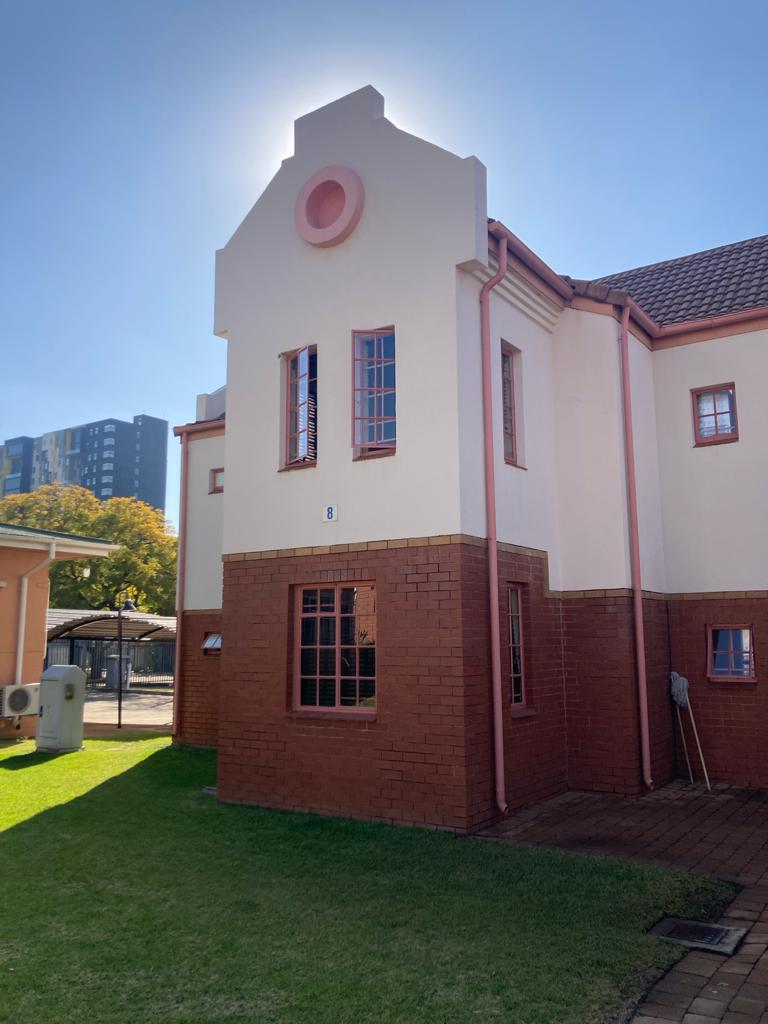
What is the culture of the country like?
The culture in South Africa is very different. They have a lot of different cultures here, it is really nice to experience all these cultures. The people are really kind and friendly. They love music and dancing, and are a bit more loud and outgoing than Europeans. Although South Africa is not the most safe country, it didn’t hold me back that much and it’s still possible to interact with local people.
Could you give some information about public transport infrastructure?
Because the student residence was only 5min from campus I could easily walk there. It was also safe to do it and in the evening you could make use of security guards. If you have to go to another campus you could use a special bus from the university. Furthermore, there is not really public transport. I used a train from Pretoria to Johannesburg once. Mostly, we travelled around by Uber for short distances and for travelling/trips we rented a car. Uber is a quite cheap and a fast way to get around. When it’s dark it’s also not possible to walk somewhere so than the Uber is also really nice.
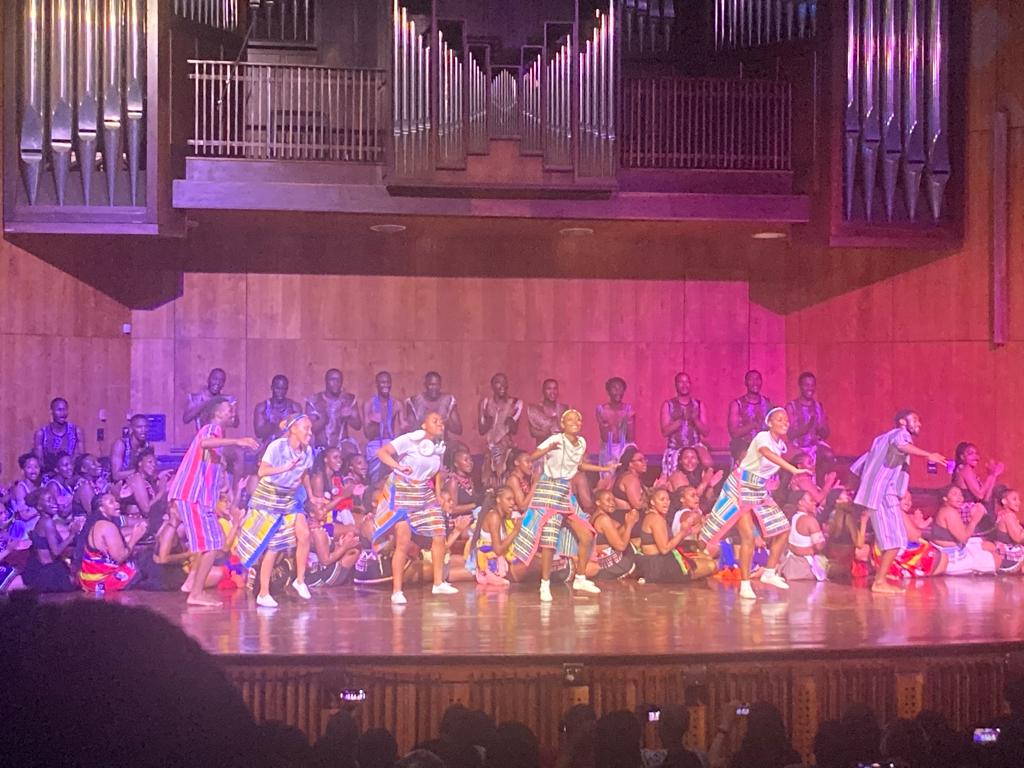
6. Expenses
Can you give an indication of your expenses for/during your exchange?
The expenses are generally more cheap as the currency of South Africa is not that strong. Accommodation, renting a car, going out for food and doing activities are way cheaper. Ticket there: €600 one-way Visa if applicable: €200 (with extension) Vaccinations if applicable: €170 Insurances (extra, if applicable): €150 Housing costs per month & type of housing/accommodation: €250 for shared housing with 8 international students. Groceries: Cheaper Public transport: €50/month (uber) Restaurant/going out for dinner: €10 Daytrips/sight-seeing: Really depends on the activity and if you have to pay transport costs/entrance.
7. Free time
What are must-sees in the area?
When something is within 30-45min it’s still possible to travel by Uber, otherwise you should rent a car. You can do some hikes in the area, also in Pretoria. Besides that, you can visit some markets, go to festivals and performances, see the union building or the Apartheid museum.
What does not appear in the travel guide, but is worth a visit?
Most things you can do are mentioned in travel guide, but some things are not explained that good while it is actually really beautiful. For example, the area just before Kruger is the Panorama Route. This area has beautiful nature with indigenous forests and hikes. There is one beautiful hike with a view on the three Rondavels and it goes through a sort of jungle with small pools where you can swim in during the hike. It starts inside the Blyde River Forever Resort and it’s definitely worth to visit. Also the other highlights of the Panorama route as Bourkes Luck Potholes, God’s Window and some waterfalls are beautiful.
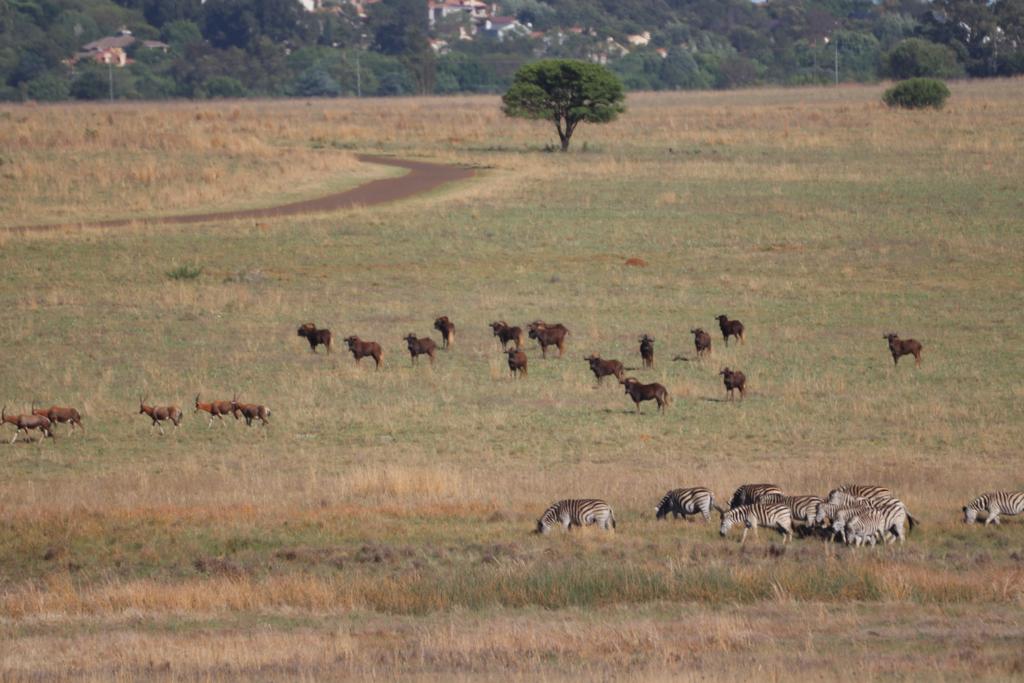
Do you have general tips and tricks about leisure time?
When you talk a bit with the local students, you learn the do’s and don’t quite fast regarding walking alone, going out, etc. In general, if you go in a group or at least not alone, it’s fine to do what you want. Also, you live in the same place as the other exchange students so it’s really easy to find someone to go and do something. It’s relatively cheap to go out for dinner, so you should definitely make use of that. There are some bigger malls close by where you can go for shopping or to the movies.
8. Challenges & best moment abroad
What was a challenge you have experienced?
When we arrived in Pretoria we had to go to the campus to subscribe for the courses. However, it was quite difficult to find out where to go and who could help me. It took quite a lot of time to find courses that matched my study programme and didn’t have a conflict in the time table. However, they are also very relaxed so it didn’t matter that I only started one course two weeks to late.
What was your best memory abroad?
I really enjoyed spending time with my new friends, doing braais (BBQ), going for trips in the weekend. All together this made my semester very special.
9. Contact Details
Would you like to ask Ilse more questions about her exchange?
Send her a mail: ilse.hofstee@wur.nl

